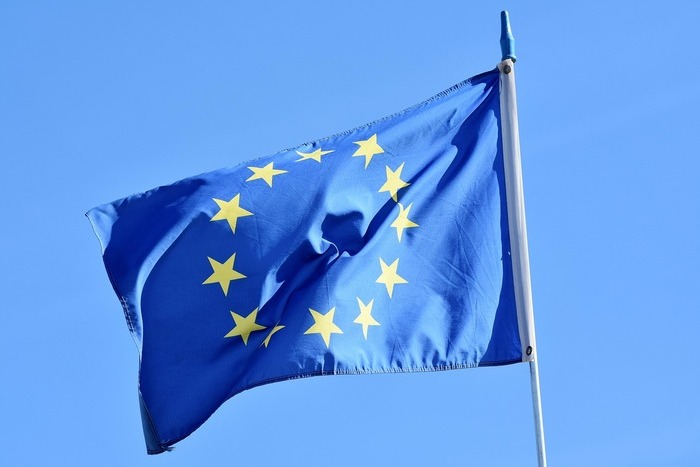India’s stance on CBAM has been very critical and has accused the EU of acting against the standards of international trade.
A new study found that EU’s carbon border fees on Indian exports are likely to be relatively minor initially. These findings came from Sandbags, a European non-profit think tank, and the Carbon Border Adjustment Mechanism (CBAM) Simulator.
The think tank revealed that under initial conditions, EU importers of Indian goods will face costs equivalent to 2.6% of EU-India goods trade or €826m. The recently agreed EU recognition of India’s planned carbon credit trading scheme will further reduce the cost burden on Indian exporters by allowing CBAM fees to be deducted at source.
India is the world’s third largest carbon emitter, with the power sector— particularly coal—accounting for the bulk of emissions. Its steel industry is poised to be impacted by CBAM, as roughly two-thirds of Indian steel exports go to Europe.
This new analysis showed that if India’s carbon credit scheme were to reach just 25% of the EU’s internal carbon price, it could reduce CBAM costs to Indian producers by 42% (to €480mn), which is the equivalent of only 1.5% of EU-India trade in goods.
The EU’s CBAM will be effective in 2026 and is designed to create a level playing field for European industries decarbonising under the EU Emissions Trading System (ETS) when facing competition from overseas producers.
Critics of CBAM have warned of severe costs for developing countries. Countries like India, China, South Africa, and Brazil have criticised the CBAM as a trade barrier, arguing it unfairly burdens developing nations and was established without sufficient consultation with EU trading partners or in line with established rules of international trade.
India’s Stance on CBAM
India has historically been extremely critical of CBAM, even promising retaliation against it. The EU has not implemented any carbon border taxes. CBAM implementation remains a key point of tension in ongoing negotiations over a Free Trade Agreement that both parties have stated aims to be completed this calendar year. India has also argued that developed countries, as historic carbon emitters, should take on more of the burden for combating climate change than developing countries.
However, India’s stance on CBAM may be evolving given the recent agreement with the EU to have its own carbon trading scheme recognised as an equivalent measure that will mean the Indian government, rather than the EU, will retain revenues associated with taxation on fossil fuel usage in relevant sectors.
About The Author
You may also like
Companies in BASIC nations are turning carbon rules into an advantage: Report
Can green trade barriers save the environment?
Brazil Set 60-Day Deadline for Fossil Fuel Phase Out Plan
Litigation increases legalisation of protection against climate threats: Report
What COP30 reveals about the next phase of multilateralism

